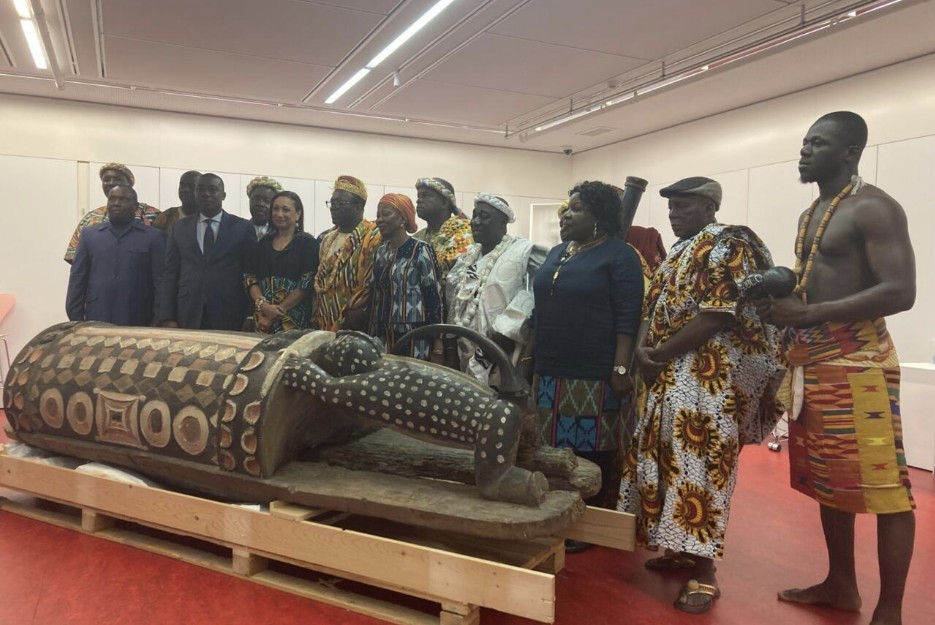How To Save a Life
- Keara De Silva
- Feb 8, 2021
- 3 min read

Anxiety. Depression. Bipolar Disorder. So many more.
Mental health was historically a social issue shrouded in stigma. Individuals with mental health issues were typically not received with understanding but condescension. However, in recent years, a culture prioritising healthy minds has attempted to dismantle this prejudice, with the United Nations observing ‘Zero Discrimination Day’ on March 1st, advocating for the right of all individuals to live a life of dignity, promoting inclusion and compassion amongst humanity.
When understanding rising mental health issues in adolescents across Australia, the circumstances pose a social ‘wicked’ problem, with 75% of psychological distress commencing before the age of 25. However, with adolescents typically classified between the ages of 10 to 19, mental health organisation Beyond Blue defines mental health as a ‘well-being’ state where individuals manage ‘stresses’, rather than the psychological distress mental health was once known as.
Entwined with characteristics of ‘wicked problems’ in Standard Social Innovation Review’s website, mental health issues lack ‘definitive formulation,’ differing within different demographics. Different to Australia, exposure to violence causes mental health issues in Mexico City, as well as the the inability to ‘claim success’ retaining no defined solutions, with decreasing suicide rates not indicative of a mental healthy society. As a ‘unique’ issue, no specific ‘template’ addresses mental health, with every individual’s mental state cultivated by personal circumstances. Mental health maintains ‘interconnectedness’ with other problems, mostly paired with family or self-esteem. Mental health in adolescents across Australia often manifests through vices such as depression, anxiety, body image, school stress and family conflict. The main barriers to mental health are social stigma, low mental health literacy and desiring self-reliance. Whilst social relationships are root causes behind mental health issues, mental health also causes other problems including substance abuse and homelessness. Despite treatment prioritising therapy, youth primarily source help from the Internet and from social relationships. With an increase in desires to improve mental health in Australia, non-profit suicide prevention charity ‘R U OK?’ conducts an initiative involving a national day focused on raising awareness about mental health, through creating media campaigns, a guide for tough conversations and a resource website. R U OK's website identifies key stakeholders as the private sectors’ ‘CONNOR’ (a principal partner) and ‘MTAA Super’ as a campaign partner. Further, the Be You website (2020) outlines the national education initiative of ‘Beyond Blue’, ‘Be You’, by preparing educators with 13 online learning modules that aim to improve youth mental wellbeing. Essential stakeholders in ‘Be You’ are the public sector funding partner the Department of Health, and delivery non-profit partners including the Early Childhood Australia and Headspace.
When finding ideas to support those with mental health issues, the prominent influencing factors affecting adolescents' mental state must be considered, identified by the National Academy of Science as family, friends, school, media and community. Schools should accordingly be a primary change agent; they are interconnected with friends and community, have the ability to be more regulated than other systems as well as ‘school problems’ being a root cause in affecting mental stability. Furthermore, the initiative should commence from early childhood to offset mental health’s root cause of family conflict; a school based subject would greatly benefit adolescents by emphasising solving emotional problems, explaining healthy social relationships and social media concerns.
Through understanding and shifting the way mental health manifests in Australian adolescents, we are one step closer to upholding the values behind ‘Zero Discrimination Day’. A world filled with compassion is one that provides listening and help where individuals ask for it and one that supports other humans in reaching their goals. We have a choice to be understanding, we have a choice to help and we have a choice to be kind.





Comments